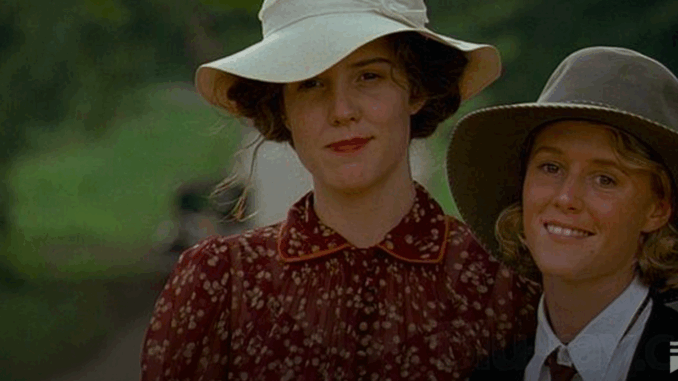
When Fried Green Tomatoes premiered in 1991, audiences were drawn to its small-town charm, heartfelt storytelling, and the unforgettable Whistle Stop Café. But more than three decades later, the film’s quiet rebellion against gender expectations feels even more daring.
At its core, the friendship between Idgie Threadgoode and Ruth Jamison isn’t just a warm tale of loyalty—it’s a coded love story that defied Hollywood’s hesitancy to portray same-sex relationships. In an era when LGBTQ+ representation was rare and often tragic, the film’s decision to let Idgie and Ruth share a life together—raising a child, running a business, and protecting each other—was quietly revolutionary.
Equally striking is how Fried Green Tomatoes champions women’s autonomy in other ways. Evelyn Couch’s journey from an insecure housewife to a woman who smashes literal barriers (hello, grocery-store parking lot scene!) mirrors the struggles many women faced in the early ’90s, balancing tradition with self-actualization.
Even today, the film’s message resonates: personal liberation often comes not from grand gestures, but from the simple, radical act of choosing one’s own life.
